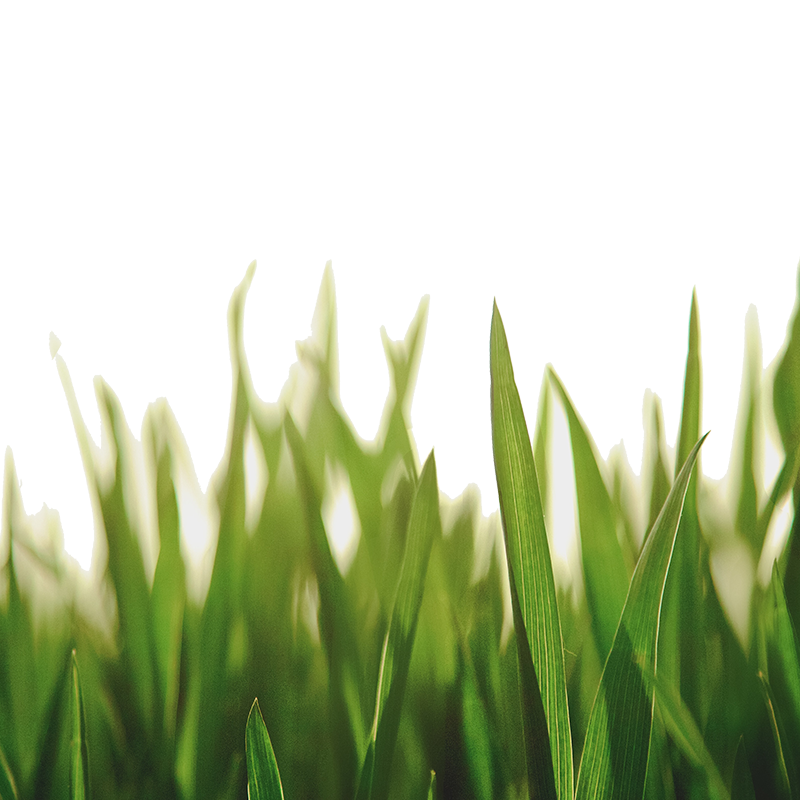Your Cart is Empty
FREE shipping → orders $74 or more
GET 20% off | Subscribe to our newsletter → Sign-up
✨NEW✨ Marine Collagen Gummies → Shop Now
GET 20% off | Subscribe to our newsletter → Sign-up
FREE shipping → orders $74 or more
GET 20% off | Subscribe to our newsletter → Sign-up
✨NEW✨ Marine Collagen Gummies → Shop Now
GET 20% off | Subscribe to our newsletter → Sign-up
Shop & More
- SHOP BY TYPE
- SHOP BY BENEFIT
Eating Less Meat? Consider Cricket Powder
We understand that adding insects to your diet might sound a bit, well...bizarre to many. But in reality, the practice of eating insects (known as entomophagy) is anything but novel...

We understand that adding insects to your diet might sound a bit, well...bizarre to many. But in reality, the practice of eating insects (known as entomophagy) is anything but novel. Dating back to hunter-gatherer societies, insects have been and continue to be found on the plates of many cultures around the world.
More recently this has become a fast-growing trend in North America and Europe as western consumers tune in to the many benefits of consuming cricket powder, both for us and the planet.
There are many things you might consider before diving into the world of entomophagy, and more specifically cricket powder. You might be looking for more information, especially if you’re following a plant-based, vegetarian, or modern omnivore* diet (*someone who makes dietary choices based on health, ethical and environmental considerations). What is the nutritional value? Is it ethical? Sustainable? And what does cricket powder taste like, anyway?
DESTIGMATIZING BUGS

2 BILLION PEOPLE EAT INSECTS
It is estimated that 2 billion of the world’s population eat insects in 113 countries around the world. In places such as Mexico, Brazil and the Netherlands, insects are made into treats like chocolate-covered locusts and candy-covered mealworms (and not of the gummy variety), while in many African and Asian countries insects are depended on as an essential means of nourishment and a primary source of protein and healthy fats.
Yet despite their global popularity, there is still a serious aversion to eating insects in the Western world––it’s just simply not what we grew up with. Luckily, North Americans are beginning to warm up to the idea, as many look for cleaner and more sustainable sources of high-quality protein.
THEY’RE JUST LAND SHRIMP
One more thing: did you know that insects, such as crickets, are descendants of crustaceans? In fact, many scientists consider them to be crustaceans. This is why if you have a crustacean food allergy, you may very well be allergic to crickets. So crickets are really just like little prairie shrimp or tiny land lobsters, after all, no big deal...
CRICKET POWDER IS CRAZY HEALTHY

COMPLETE PROTEIN, IRON, AND B12 GALORE
Cricket powder, also called cricket flour, is made of finely milled roasted crickets and has a light, mild and nutty flavour. It’s used as a nutritional substitute for or supplement to meat, as it provides a high concentration of the same key nutrients: all 9 essential amino acids; 50x more vitamin B12 than chicken; and more iron than beef.
Unlike traditional meats, cricket powder’s fat content includes healthy fatty acids, such as monounsaturated and polyunsaturated fats. Its high complete protein content makes it effective in supporting muscle growth and repair, while its iron and vitamin B12 can help to reduce fatigue and prevent the onset of anemia (a deficiency of red blood cells), which is prevalent among non-meat eaters (1).
AND ANTI-INFLAMMATORY PREBIOTICS!?
The consumption of cricket powder has also been shown to support probiotic growth, which has a positive influence on gut health (2). This is largely due to the prebiotic fibre chitin (pronounced k-eye-tin), which has been shown to support probiotic growth (3). Gut health has been in the spotlight for quite some time, and for good reason: it plays a decisive role in the maintenance of good health and an imbalance of healthy gut bacteria (dysbiosis) has been linked to many chronic diseases, such as inflammatory bowel disease, obesity and even cancer (4).
Summary: cricket powder is an incredibly healthy ingredient to add to your diet.
CRICKET POWDER IS SUPER PLANET-FRIENDLY

From deforestation of the rainforest to the mass amounts of water needed to raise cattle (approximately 3,682 L of water per kg of beef), it’s no secret that limiting our consumption of conventionally raised meat can be a powerful way to reduce our environmental footprint (5). If you’re looking to reduce your environmental impact, you’d probably like to know whether cricket powder is actually more sustainable than livestock and poultry.
A FRACTION OF THE RESOURCES AND 100X LESS GREENHOUSE GASSES
According to the Food and Agriculture Organization of the United Nations (FAO), cricket rearing requires significantly less resources, such as feed and water, as well as a small fraction of land compared to livestock or poultry (6).
It is estimated that for the same amount of protein compared to pork and beef, crickets produce approximately 100x less greenhouse gasses and very little ammonia (6).
Organizations around the world such as FAO are taking notice of cricket powder (and other insects) as a viable solution to a more sustainable and secure food system – pretty interesting stuff!
IS EATING CRICKETS VEGETARIAN, VEGAN?

The simple answer is no, but that said, the popularity of certain dietary categories, such as plant-based, lacto-vegetarian, paleo and even flexitarian, has nuanced the dietary categories of vegan vs. meat-eater.
More than ever, people are feeling empowered to make unique nutritional choices that feel right to them, both physically and ethically. And that may or may not include the consumption of crickets.
WHATEVER’S RIGHT FOR YOU
Many Landish customers who consume our cricket powder are otherwise vegetarian, and they make this exception because they find that cricket powder “checks all their boxes” in terms of ethical sourcing, sustainability, and nutrition.
Many consider the consumption of crickets can be considered more ethical than eating meat or poultry because of the difference in farming practices and the lesser environmental impact which we just covered.
SO HOW ARE CRICKETS FARMED?

CANADIAN AND FREE-RANGE
This is not the case for all cricket farming, but Landish’s Canadian Cricket Protein Powder is made from free-range Canadian-farmed crickets that have uninterrupted access to vast roaming areas, locally-sourced plant-based feed, fresh flowing water and what we call “cricket condos” in which they can burrow when they please (crickets, like a lot of insects, prefer darkness and always want access to tight spaces). This differs markedly from other cricket farming practices involving small bins in which the insects are confined.
We’ll also mention that all farming and processing is of course subject to strict Canadian health standards and inspection.
NOT SUSCEPTIBLE TO VIRUSES
Finally, in an era of increasing concern over the transmission of pathogens such as viruses between animals and then from animals to humans—particularly through and following COVID-19—cricket farming presents a tremendous advantage: crickets are genetically so different from humans that viral transmission cannot happen. Moreover, the species of crickets sourced by Landish, called gryllodes sigillatus is simply not known to be susceptible to any virus in the first place. Maybe not the first thing you’ll think of when making your first cricket powder boosted smoothie, but something to consider nonetheless, perhaps when in a more reflective state of mind.
READY TO GIVE CRICKET POWDER A GO?
Great! There are so many ways to incorporate this super clean and sustainable protein and nutritional substitute to meat into your diet, from shakes to banana bread and even cricket powder falafel! Find our favourite cricket powder recipes here.

-
- Pawlak, R, Berger, J, et al (2018). Iron Status of Vegetarian Adults: A Review of Literature
- Stull, V.J.,Finer, E, et al (2018). Impact of Edible Cricket Consumption on Gut Microbiota in Healthy Adults, a Double-blind, Randomized Crossover Trial.
- Zhang, Y, Li, S (2015). Impacts of Gut Bacteria on Human Health and Diseases.
- Lopez-Santamarina, A, Mondragon, A, et al (2020). Animal-Origin Prebiotics Based on Chitin: An Alternative for the Future? A Critical Review.
- Beckett, J.L., Oltjen, J (1993). Estimation of the water requirement for beef production in the United States. Journal of Animal Science.
- Van Huis, A, Van Itterbeeck, Joost, et al (2013). Edible insects Future prospects for food and feed security. Food and Agriculture Organization of the United Nations.
Get a boost of wellness straight to your inbox
Sign up for our newsletter to save 20%
on your first order!















